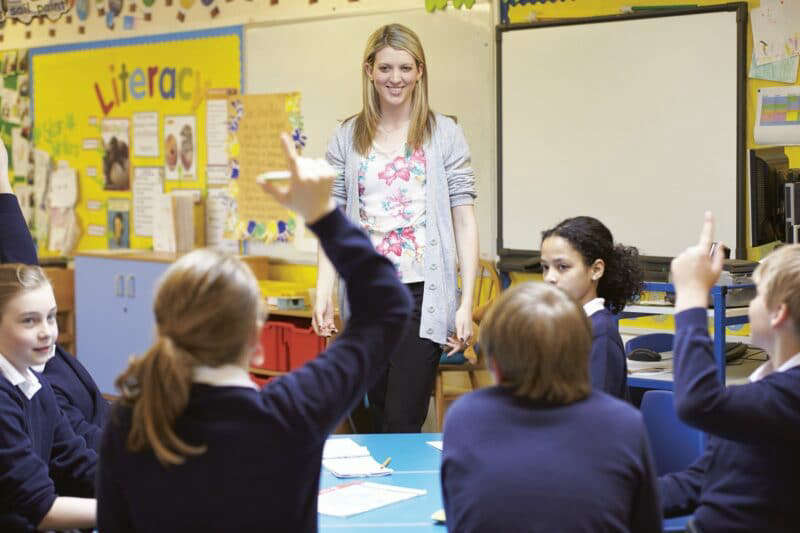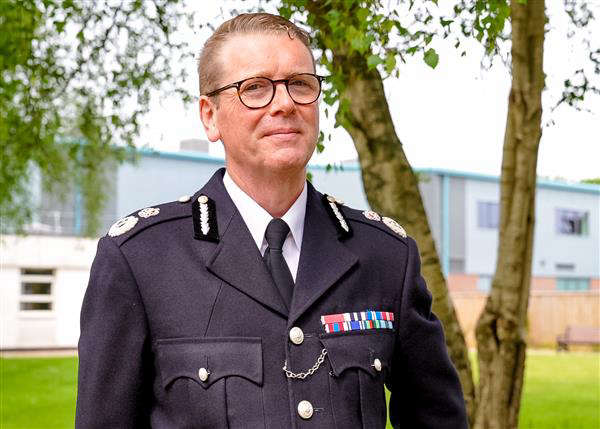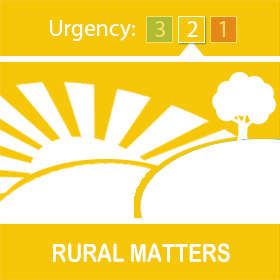
Councillor Lois Samuel of Devon County Council welcomes an extra £5 million for children's social care in the 2025/26 budget. She acknowledges progress in services for children with SEND but warns that challenging times remain ahead.
As councillors agree an additional £5 million for children’s social care in the 2025/26 budget, Councillor Lois Samuel, Devon County Council’s Cabinet Member with responsibility for services that support children and young people with special educational needs and disabilities (SEND), says solid progress in services is being made, but that challenging times still lie ahead.
Devon County Councillors have agreed a 5.5 percent increase in the children’s services budget for the coming year, to provide a range of services for children and their families.
Speaking outside the council meeting, Councillor Samuel, welcomed the new budget, adding that council finances with regards to SEND remains very challenging, driven by demand and increasing costs.
She said:
“Devon received 2,400 requests for Education Health and Care Plans (EHCPs) in 2024, roughly twice that of 2019.
“In the last 12 months, the council has issued an additional 946 EHCPs, an increase of 11 percent since December 2023.
“And the number of young people in Devon’s population with an EHCP has doubled since 2020.”

It means that the council is facing an overspend on SEND by around £50m this year, which is more than it had anticipated, with additional demand year on year driving additional costs.
But behind the overspend figure lies another story about young people’s lives.
“This is spending that supports 10,000 young people with SEND across the county, helping them to achieve and thrive,” she said.
“For example, in the past year alone, this includes supporting an additional 1,000 children at a cost of roughly £20 million, to access the education they need.
“It includes providing additional support for young people to access or stay in a mainstream education.
“And for young people to be supported in maintained or academy special school places within the county. It is also supporting an additional 150 young people to stay in post-16 education.”
Figures can fluctuate, but the latest data available at the beginning of February gave a snapshot that showed that progress on the timeliness of assessments and reviews is being made.
It showed that for that reporting period, no family was waiting longer than a year for an assessment.
The number of young people waiting more than 20 weeks for an EHCP assessment had fallen by 15 percent over the last year, with the backlog steadily falling.
And the number of annual reviews that were overdue (for a review) had also fallen by 15 percent in a year.
Looking ahead, the council is creating over 200 additional places in special schools this year, and have already secured over £20 million of additional funding for mainstream places.
It’s creating an additional 300 SEND places in its mainstream colleges, using a further £8.5 million that the council secured from the Government.
It’s investing in 100 additional places in existing mainstream secondary schools through Resource Centres and other partnership programmes.
And it’s working with early years settings and primary schools to support young people to stay in mainstream provision and help schools to meet pupils’ needs.
“But SEND,” says Cllr Samuel, “is not a quick fix. Support for young people with SEND in Devon is a partnership responsibility, requiring everyone to do their part.
“We need schools to work with us around the inclusive provision that they make ordinarily available to all pupils including those with additional needs.
“We want to work with our health colleagues to improve support for those with speech and language needs entering school, with around six percent more children in Devon entering schools with a need than the national average.
“And we want to work with parents through better use of mediation and other resolution approaches to reduce the number of decisions that go straight to tribunals.”
For context, the council’s SEND deficit, which two years ago was one of the highest among local authorities in the country, has now moved down the ranks. As a proportion of the council’s budget, the deficits of several neighbouring authorities have overtaken Devon’s.
“Clearly there is more to do,” says Cllr Samuel. “But we must not lose focus on both investing and doing the right thing for our young people with SEND.”

 Criminal investigation into suspended Chief Constable dropped
Criminal investigation into suspended Chief Constable dropped
 Devon families receive their primary school place offers
Devon families receive their primary school place offers
 Theft of Quad Bike / Livestock Trailer and / Farm Tools - Tiverton and Withleigh Area
Theft of Quad Bike / Livestock Trailer and / Farm Tools - Tiverton and Withleigh Area
 Stay vigilant for ticket fraud ahead of top events and concerts this summer.
Stay vigilant for ticket fraud ahead of top events and concerts this summer.











